Introduction
The world of culinary arts is vast and intricate, filled with myriad questions that revolve around food safety, nutrition, and taste. One such question that often arises among health-conscious individuals and home cooks alike pertains to the consumption of fresh sprouts after they have been left out overnight. Sprouts, known for their nutrient-dense profile and delicate texture, are a staple in many diets, particularly those emphasizing plant-based nutrition. However, their perishable nature raises concerns about food safety when not handled or stored properly. This article delves into the intricacies of sprout storage, the potential risks associated with consuming sprouts left out overnight, and practical guidelines to ensure their safe consumption.
Understanding Sprouts: Nutritional Benefits and Perishability
Sprouts are germinated seeds of various plants, such as beans, lentils, almonds, broccoli, and radishes, among others. This germination process unlocks nutrients that are otherwise bound within the seed, making sprouts a rich source of vitamins, minerals, antioxidants, and enzymes. For instance, sprouted broccoli seeds contain significantly higher levels of sulforaphane, a compound known for its cancer-protective properties, compared to mature broccoli. Similarly, sprouted grains like quinoa and barley offer a more digestible form of fiber and essential amino acids.
Despite their nutritional prowess, sprouts are highly perishable due to their high moisture content and rapid growth rate. This perishability makes them susceptible to microbial contamination, including bacteria, molds, and yeasts, which can proliferate rapidly under favorable conditions. Therefore, proper handling and storage are crucial to maintaining their freshness and safety.
The Risks of Leaving Sprouts Out Overnight
Leaving fresh sprouts out at room temperature overnight poses several risks, primarily related to microbial growth. Here’s a closer look at these risks:

-
Bacterial Growth: Room temperature provides an ideal environment for bacteria to thrive. Pathogenic bacteria such as Salmonella, Escherichia coli (E. coli), and Listeria monocytogenes can contaminate sprouts during production or handling. When sprouts are left out overnight, these bacteria can multiply to dangerous levels, increasing the risk of foodborne illness.
-
Mold and Yeast Development: In addition to bacteria, molds and yeasts can also grow on sprouts left at room temperature. While not all molds are harmful, some produce toxins (mycotoxins) that can cause illness or even be carcinogenic. The presence of mold on sprouts is a clear indication of spoilage and should prompt their disposal.
-
Nutrient Degradation: Exposure to air, light, and temperature fluctuations can degrade the vitamins, minerals, and antioxidants in sprouts. While this doesn’t necessarily pose an immediate health risk, it does reduce their nutritional value.
-
Texture Changes: Sprouts left out overnight may lose their crisp texture, becoming limp and soggy. This not only affects their appeal but also alters their mouthfeel, making them less enjoyable to eat.
The Science Behind Food Safety and Sprout Storage
The science of food safety revolves around controlling the factors that promote microbial growth: temperature, moisture, oxygen, and time. Here’s how these factors apply to sprout storage:
-
Temperature: Cold temperatures slow down microbial growth. Refrigeration is the most effective way to extend the shelf life of sprouts by maintaining them at a temperature below 4°C (39.2°F). This slows down the metabolic activity of bacteria, molds, and yeasts, reducing their ability to proliferate.
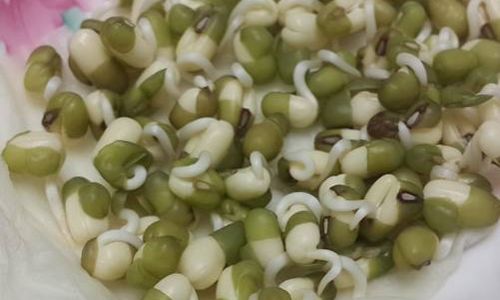
-
Moisture: Sprouts are naturally high in moisture, which is essential for their growth but also promotes microbial activity. Proper packaging, such as using airtight containers or plastic bags with moisture-absorbing packets, can help manage moisture levels and extend shelf life.
-
Oxygen: Oxygen is necessary for aerobic bacteria to grow. Packaging sprouts in an oxygen-depleted environment, such as vacuum-sealed bags or modified atmosphere packaging, can further inhibit bacterial growth.
-
Time: The longer sprouts are stored, the greater the risk of microbial contamination and nutrient degradation. Consuming sprouts as soon as possible after purchase or harvest is ideal.
Practical Guidelines for Safe Sprout Storage
To ensure the safety and freshness of sprouts, follow these practical guidelines:
-
Purchase Fresh Sprouts: Always buy sprouts from reputable sources that adhere to strict hygiene practices during production and handling. Avoid sprouts that look wilted, slimy, or have an off odor.
-
Refrigerate Immediately: Upon purchasing, transfer sprouts to an airtight container or plastic bag and store them in the refrigerator. This should be done as soon as possible to minimize the time they spend at room temperature.
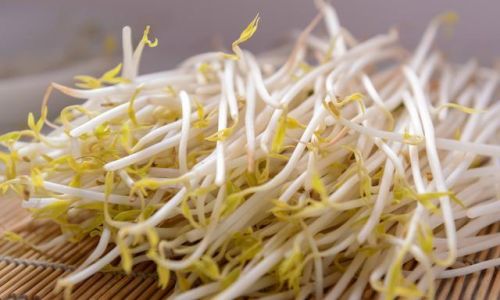
-
Proper Packaging: Use containers or bags designed to maintain freshness. Avoid using containers that trap too much moisture, as this can promote mold growth. Consider using paper towels or moisture-absorbing packets to keep humidity levels in check.
-
Consume Within a Few Days: Sprouts are best consumed within two to three days of purchase for optimal freshness and safety. If you notice any signs of spoilage, such as mold, sliminess, or an off smell, discard them immediately.
-
Washing Before Use: Before consuming, rinse sprouts thoroughly under running water to remove any surface contaminants. This step is particularly important if you plan to eat sprouts raw.
-
Cooking Sprouts: While sprouts are often enjoyed raw, cooking them can further reduce the risk of foodborne illness. Lightly steaming, sautéing, or incorporating them into stir-fries can kill harmful bacteria while retaining most of their nutritional benefits.
Special Considerations for Sprout Growers
If you grow your own sprouts, adhering to food safety practices is even more crucial. Here are some tips for safe sprout production:
-
Clean Equipment: Thoroughly clean and sanitize all equipment and surfaces used in sprout production to prevent cross-contamination.
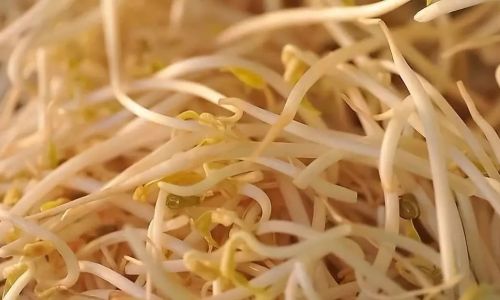
-
Use Clean Seeds: Start with seeds that are free from contaminants. Consider sourcing seeds from certified organic or reputable suppliers.
-
Control Humidity and Temperature: Maintain optimal humidity and temperature conditions during the sprouting process to minimize microbial growth.
-
Monitor for Signs of Spoilage: Regularly inspect sprouts for signs of mold, sliminess, or off odors. Discard any batches that show signs of spoilage.
-
Follow Guidelines for Harvest and Storage: Harvest sprouts at the recommended stage of growth and store them properly to extend their shelf life and maintain safety.
Conclusion
In conclusion, the question of whether fresh sprouts can be consumed after being left out overnight hinges on multiple factors, including storage conditions, time exposed to room temperature, and the initial quality of the sprouts. While it’s generally advisable to consume sprouts as soon as possible after purchase or harvest for optimal freshness and safety, refrigerating them promptly can significantly extend their shelf life and reduce the risk of foodborne illness. By following proper handling and storage guidelines, sprout enthusiasts can enjoy their nutrient-dense benefits without compromising their health. Remember, food safety is a shared responsibility that begins with understanding the science behind food preservation and ends with making informed decisions in the kitchen.


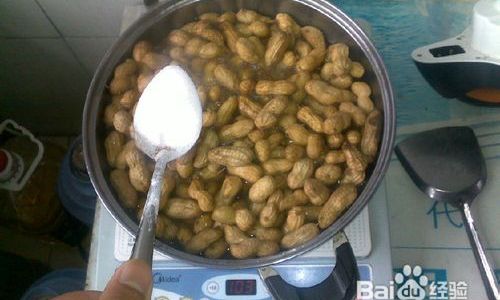
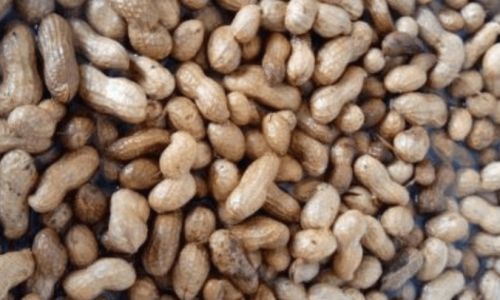
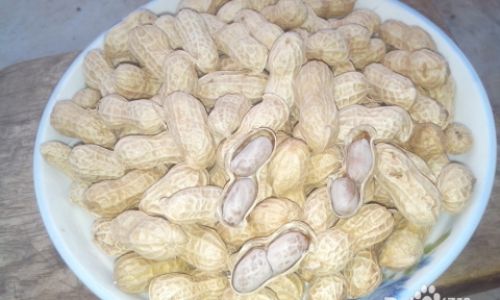
0 comments